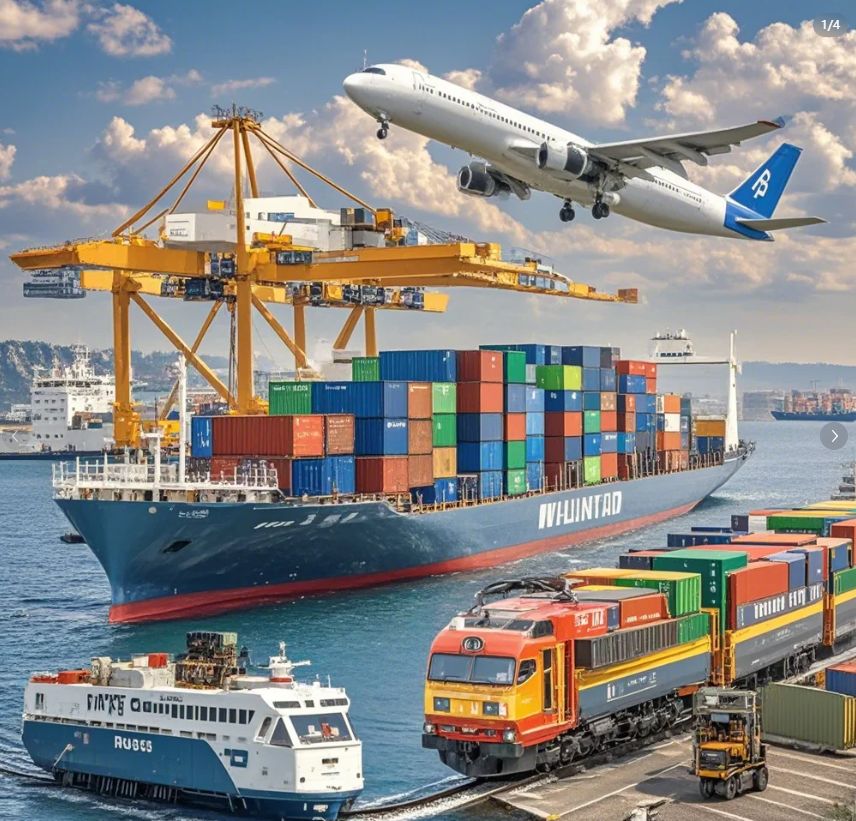Understanding CBP Bond: Everything You Need to Know
Release time:
2025-09-09
In the world of international shipping and cross-border e-commerce, the U.S. Customs and Border Protection (CBP) bond is an essential aspect that cannot be overlooked. As a compliance measure required by U.S. Customs and Border Protection (CBP), the CBP bond plays a critical role for importers. So, what exactly is a CBP bond? How should you choose the right type? These are key questions every freight forwarder and cross-border e-commerce business needs to understand.
1. What is a CBP Bond?
A CBP Bond, also known as an Import Bond, is a guarantee required by U.S. Customs and Border Protection (CBP) to ensure that importers will pay all duties and taxes (including anti-dumping/anti-subsidy duties, AD/CVD) and comply with all customs regulations. The bond is essentially a financial guarantee provided by a third-party surety company to ensure that the importer:
Pays all duties, taxes, and fees on time
Fulfills all customs compliance obligations (e.g., submitting correct documents and adhering to import regulations)
2. Two Main Types of CBP Bonds
There are two primary types of CBP bonds, each suited to different scales and frequencies of imports:
1. Single Entry Bond (SEB)
Suitable for: Importers with occasional shipments (e.g., a few shipments a year).
Coverage: Purchased separately for each shipment, covering only that specific shipment.
Bond Amount: The legal minimum is twice the total value of duties, taxes, and other fees for that shipment.
Validity: Covers a single clearance, but there is a "liquidation period" (usually 10 months to 1 year after import) to ensure any adjustments to duties or taxes are covered.
Pros and Cons:
Pros: Flexible with no long-term commitment.
Cons: High per-shipment cost, making it more expensive if used frequently.
2. Continuous Bond (CB)
Suitable for: Importers with frequent shipments (e.g., monthly or weekly shipments).
Coverage: Valid for 12 months, covering all imports within that year.
Bond Amount: The minimum is $50,000, but the actual amount is usually calculated as the greater of $50,000 or 10% of the total duties and taxes paid in the previous fiscal year.
Validity: Valid for 12 months and must be renewed annually.
Pros and Cons:
Pros: Cost-effective, as per-shipment costs are significantly reduced.
Cons: Requires annual renewal and is better suited for businesses with regular imports.
3. Impact of CBP Bonds on Cross-Border E-Commerce
With the rapid growth of global e-commerce, the U.S. has become a key market for cross-border businesses. For e-commerce companies, understanding and choosing the right CBP Bond is crucial not only for reducing costs but also for improving clearance efficiency and minimizing the risk of delays. For freight forwarders, providing appropriate CBP Bond solutions and advice is not just a regulatory requirement—it’s key to adding value for clients.
4. How to Choose the Right CBP Bond?
Choosing the right CBP Bond is vital based on an importer’s frequency of shipments:
Less than 3-5 shipments per year: A Single Entry Bond (SEB) is usually more economical.
More than 3-5 shipments per year: A Continuous Bond (CB) is typically more cost-effective and convenient.
5. Conclusion & Recommendations
For cross-border e-commerce businesses and freight forwarders, selecting the right CBP Bond is not only about regulatory compliance but also about improving operational efficiency and reducing costs. Understanding the different types of CBP Bonds and choosing the one that suits your business needs is essential for smooth customs clearance and minimizing risks.
For more detailed information on CBP Bonds and related services, feel free to contact our professional team. We offer personalized advice and solutions to help you operate smoothly and compliantly in international trade.
RELATED BLOG
Understanding Door-to-Door Sea Shipping from China to the USA: A Comprehensive Guide
Door-to-door sea shipping from China to the USA is a logistics service that entails transferring goods from a seller's location directly to the buyer's specified destination. This method is especially advantageous for businesses looking to import large quantities of products due to its cost-effectiveness and ability to handle bulky items. The door-to-door sea shipping process generally consists of
View Details









